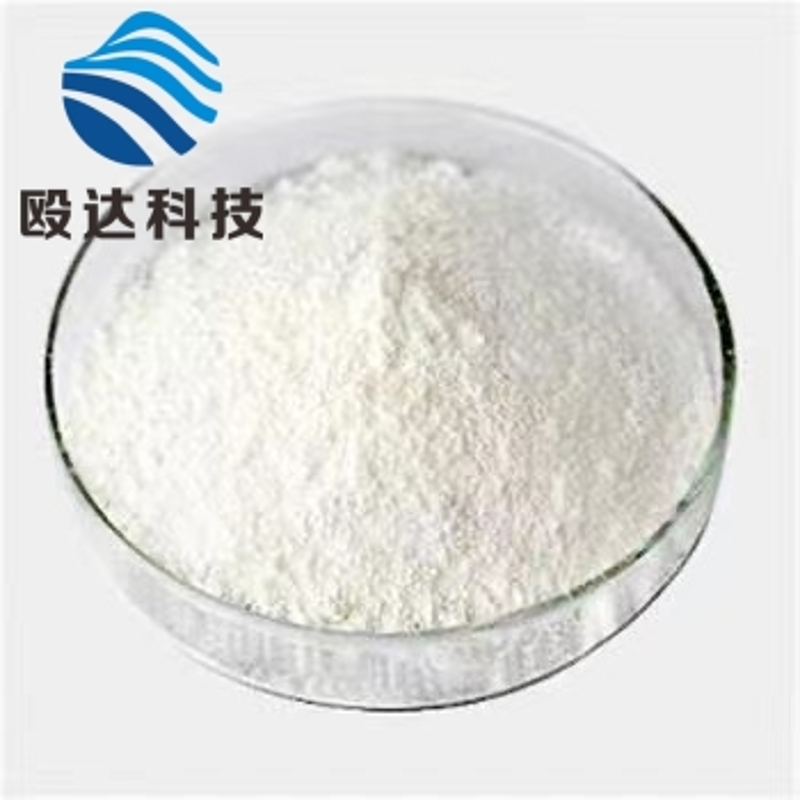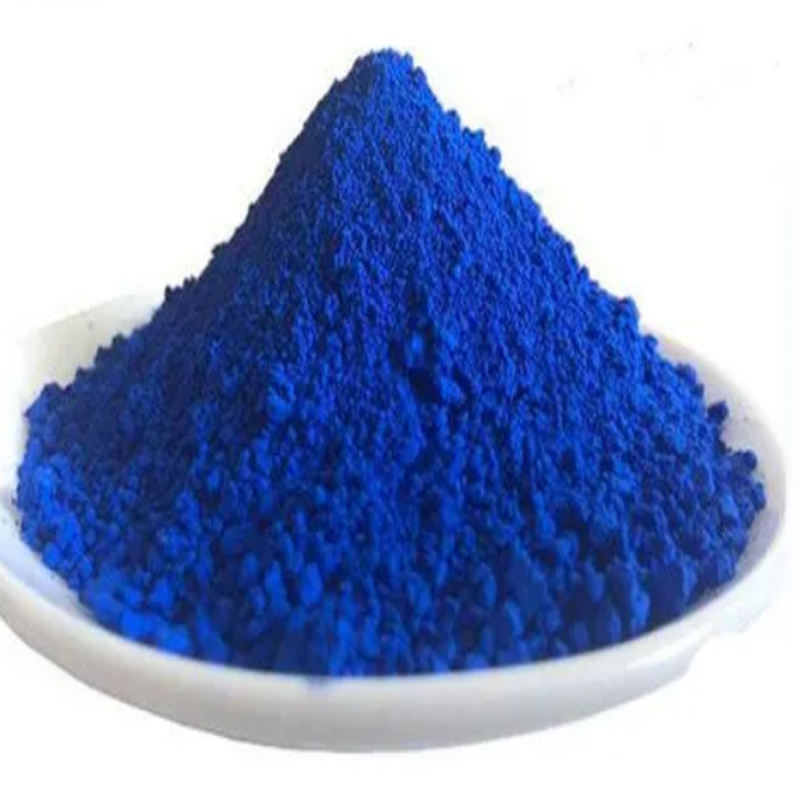-
Categories
-
Pharmaceutical Intermediates
-
Active Pharmaceutical Ingredients
-
Food Additives
- Industrial Coatings
- Agrochemicals
- Dyes and Pigments
- Surfactant
- Flavors and Fragrances
- Chemical Reagents
- Catalyst and Auxiliary
- Natural Products
- Inorganic Chemistry
-
Organic Chemistry
-
Biochemical Engineering
- Analytical Chemistry
-
Cosmetic Ingredient
- Water Treatment Chemical
-
Pharmaceutical Intermediates
Promotion
ECHEMI Mall
Wholesale
Weekly Price
Exhibition
News
-
Trade Service
Paediatric clinics are overcrowded, coughs in the office are up and down... This winter, the flu is raging, surveillance data show that China's reported cases are higher than the same period in the past three years.
the World Health Organization that vaccination is the most effective way to prevent influenza. China's influenza vaccination rate has not yet established scientific statistics, but from the total annual vaccine supply of 30 million, the vaccination rate is only 2%. Why is the "most effective method" so popular? The reporter conducted an investigation.most adults do not have a "cold" with the flu vaccine
in November 2009, Ms. Hefei Luo, a health care worker, was vaccinated against influenza A, but did not expect to be infected with the flu. Since then, friends and family in her dissuading no one dare to get the flu vaccine.
experts point out that the chances of a virus like Ms. Luo being vaccinated are extremely low. But with the exception of people like her who are resistant to vaccines because of their own experiences, most adults don't have a big "cold" about getting the flu vaccine.
Zengyan, of Tongji Medical College at Huahua University of Science and Technology, conducted a telephone follow-up survey on influenza vaccination and influence factors among residents over the age of 18. The results showed that even during the influenza A(H1N1) pandemic, the vaccination rate for influenza A in 10,853 valid questionnaires was only 10.67 per cent and the seasonal influenza vaccination rate was 7.43 per cent. Experts say the overall vaccination rate across the country is even lower, given that the questionnaire accounts for more than 70 percent of the samples followed up in urban areas and that rural areas with lower vaccination rates account for a smaller sample.
the China Center for Disease Control and Prevention and the Center for Disease Control and Prevention Huang Qi, Fan Junxing and other samples in Sichuan and Henan selected 9,673 people for the survey found that 4,381 people do not want to get the flu vaccine. More than 30 per cent of these populations were "concerned about the quality and safety of the vaccine"; 26.5 per cent were "not very knowledgeable about the flu vaccine"; 17.8 per cent believed that "vaccination does not reduce the likelihood of getting the flu"; and 5 per cent said "flu is a minor illness that does not require vaccination". In addition, some people said that "do not know that there is a flu vaccine" and "high cost of vaccination", resulting in reluctance to vaccinate.parents of minors are not waiting for the flu vaccine
although high-risk groups, the vaccination rate of minors is not optimistic. Li Meiqin, department of preventive health care at Zhongguancun Hospital in Beijing, and other parents of students in grades 2-6 of three primary schools in the region were randomly selected for the survey, and the study found that only 33% of primary school students in the families surveyed were vaccinated in 2012 and only 47.5% had a vaccination plan in 2013.
"We don't take the flu seriously at all, " he said. Ms. Ma, a parent of a primary school student in Chaoyang District of Changchun City, told reporters that her children had been vaccinated before the age of 3, which are a class of vaccines required by the state. But at the peak of the flu season in late December 2017, her daughter was also in the middle of the flu, and her class accounted for almost half of the class size, and even students were hospitalized for the flu.
In Binhai County, Jiangsu Province, the flu vaccination rate for young children in 2016 was only 12.87 percent -- the county's CDC found that children were not vaccinated mainly because parents were worried about adverse vaccine reactions, followed by those who did not understand the flu vaccine and felt their children were in good health and did not need to be vaccinated. Surprisingly, the vaccination rate of private kindergarten children is higher than that of public kindergartens, rural household registration is higher than that of urban household registration, mobile children are higher than local children, and the higher the monthly income of the family, the lower the vaccination rate.
rural households, although not well-paid, are more likely to follow doctors' advice to vaccinate their children against second-class vaccines such as flu. Although the parents of urban household children have received a good education, there are misconceptions about influenza vaccine, resulting in low vaccination rates for children. Mei Maodong believes that parents' awareness of the flu vaccine directly affects their children's vaccination rates.
also found that many parents do not want their children to "take one more shot", also led to the influenza vaccine did not become widespread. Reporters from a number of community health service centers in Hefei City, Anhui Province, learned that in recent years with children to fight the vaccine parents, many people choose to be able to be immune to both the brain, whooping cough and influenza a variety of diseases of the combined vaccine. Although the price of the combined vaccine is more expensive, but still sought after by parents, the peak of vaccination even "a seedling difficult to find." Without a combined vaccine, many parents will only give their children the necessary immunizations and will not specifically get the flu vaccine.Let the "vaccine king" become a "reliable guardian
disease control experts said, because the influenza virus will mutate, vaccine protection capacity is not "safe", such as the current use of the triple-priced influenza vaccine will be difficult to resist this winter's widely popular "type B Y virus." However, years of vaccine use have proved that influenza vaccination is an effective means to reduce the risk of influenza epidemic, can reduce the incidence of influenza death rate and respiratory system, cardiovascular and cerebrovascular system serious complications.
" flu vaccine into our country although not short time, but for most people is still a new thing, so to make everyone accept, we have to tell everyone the advantages and disadvantages of the vaccine and the need for vaccination. Sun Yuli, chief of the preventive medicine outpatient department at the Changchun Center for Disease Control and Prevention, said authorities should increase the flu vaccination rate by increasing publicity.
, director of the Center for Disease Control and Prevention in Luxian County, Anhui Province, believes that it is unrealistic to increase the overall vaccination rate of influenza vaccines in the population, but for some key populations, we can try to achieve full coverage.
safety of vaccine products is one of the factors affecting public vaccination. The State Administration of Food and Drug Administration said it would continue to strengthen sampling and inspection of listed vaccine products and inspection of production sites, promptly investigate and punish the quality and safety problems found, and transfer suspected crimes to public security organs for criminal responsibility. (Xinhuanet)







